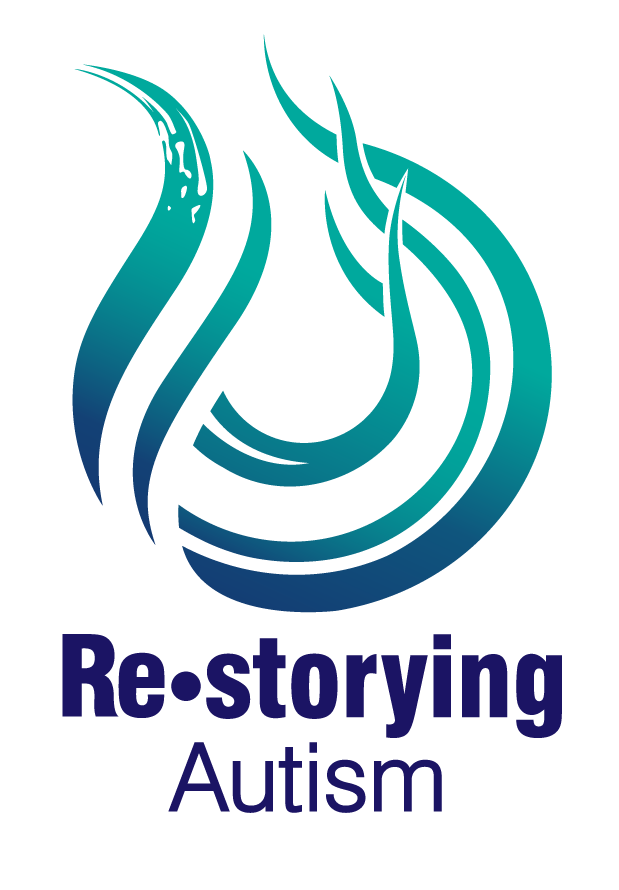Making Memories, Making Madness
Making Memories, Making Madness: Mad (M)others of Disabled Children Write Back Through Digital Storytelling
Patty Douglas
Brandon University
Katherine Runswick-Cole
University of sheffield
Penny fogg
University of sheffield
Sara ryan
oxford university
Abstract
This article focuses on a story of education, mothering, disability and madness, with two aims in mind:
● To reveal and to reflect upon the ways in which (m)others of dis/abled children are labelled as, and are made to feel, mad in their encounters with the psy- professions (education, psychology and psychiatry).
● To explore the potential of digital storytelling as a method of writing back against dominant oppressive narratives of education, mothering and disability.
This paper is written by mothers of adult offspring with disabilities about our experiences of raising our children. We write about our experiences of making a film about being mothers. We explain that we have all been told by professionals that our beliefs about our children and what is best for them are mad—that is, they are unreasonable or not to be trusted. In the paper, we reject this view and argue that our voices should be listened to. We hope that this story telling process can reveal the ways in which discourses of madness are used to oppress (m)others of dis/abled children in encounters in education. We also hope that we can begin to build narratives of resistance so that madness no longer becomes the discourse of choice in encounters between (m)others and practitioners.
This is an Accepted Manuscript of an article published by the Ontario Association on Developmental Disabilities in the Journal on Developmental Disabilities, available online at: https://oadd.org/journal/volume-27-number-2-changing-social-welfare-provisions-and-shifting-family-dynamics/
Recommended Citation:
Douglas, Patty, Katherine Runswick-Cole, Penny Fogg & Sara Ryan. (2021). Making Memories, Making Madness: Mad (M)others of Disabled Children Write Back Through Digital Storytelling. Journal on Developmental Disabilities. 27 (2): 39-56.
